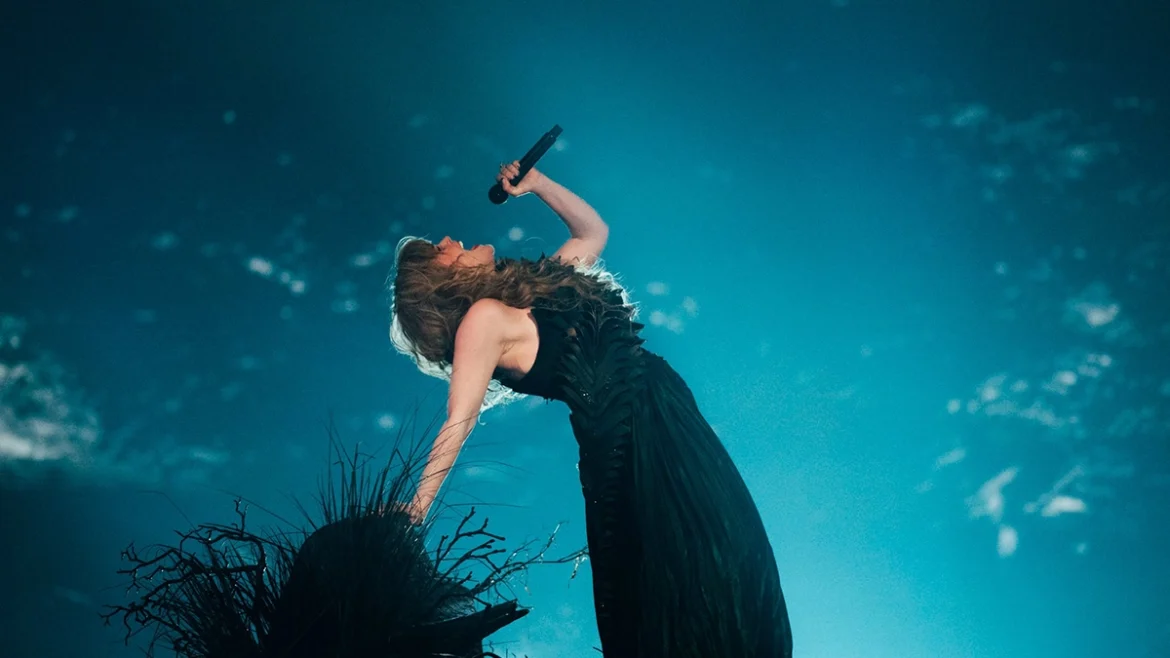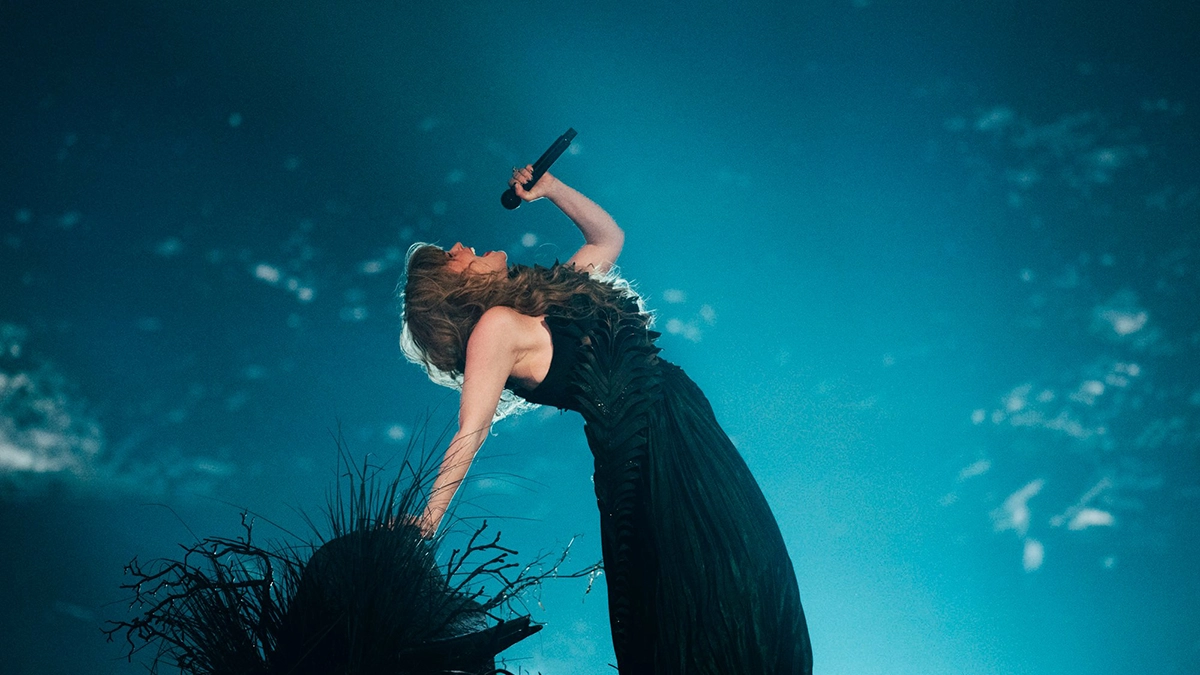Listeners:
Top listeners:
-
 play_arrow
play_arrow
107 Meridian FM Live local, love local!
-
 play_arrow
play_arrow
Essential Radio Essential Radio from Ayrshire College is a 24/7 music-led radio station
-
 play_arrow
play_arrow
G-Town Radio G-Town Radio: Your Town Your Radio station
-
 play_arrow
play_arrow
Radio Kirdford Radio Kirdford - Kirdford's Number 1 for Greatest Hits Online!
-
 play_arrow
play_arrow
Shire Radio The Sound of Lanarkshire
-
 play_arrow
play_arrow
Sanctity of Sound Sanctity of Sound

Discover how Norway can improve its chances of success in future competitions and captivate the world with their music.
Gåte performing Ulveham for Norway at the Second Semi-Final at Malmö Arena — Photo by Sarah Louise Bennett / EBU
Norway’s Eurovision Performance: Lessons Learned
In February, LGBTQ Music Chart made a prediction that unfortunately turned out to be true – Norway once again failed to make an impact at Eurovision. The country’s chosen representative, Gåte, received only 16 points and ended up in last place in the final. This disappointing result serves as a reminder that Norway still has some lessons to learn when it comes to Eurovision success.
The Importance of Understanding What Works
It is crucial for any country participating in Eurovision to have a clear understanding of what works in the competition. Over the years, certain trends and strategies have emerged that can greatly increase a country’s chances of success. By studying past winners and analysing the elements that made their performances stand out, countries can gain valuable insights into what the Eurovision audience responds to.
Unfortunately, it seems that Norway has yet to fully grasp these key factors. While it is commendable that they continue to participate in the competition, their repeated lackluster performances suggest a need for a more strategic approach.
A Case Study: Marcus & Martinus Representing Sweden
A striking example of a successful Eurovision performance can be seen in the case of the Norwegian twin brothers, Marcus & Martinus, who represented Sweden in the competition. Despite the added challenge of representing a different country, they managed to secure a respectable 9th place.
This achievement is particularly noteworthy considering that Sweden was the host country for Eurovision that year. Hosting the competition often adds an extra layer of difficulty, as the pressure to deliver a memorable performance is heightened. However, Marcus and Martinus rose to the occasion and performed extremely well, showcasing their talent and capturing the attention of the Eurovision audience.
Lessons for Norway
So, what can Norway learn from Marcus & Martinus’ success? Firstly, it is essential to select a representative who has the charisma, talent, and stage presence to captivate the Eurovision audience. A strong performer can make all the difference in creating a memorable and impactful performance.
Secondly, understanding the current trends and styles that resonate with Eurovision viewers is crucial. The competition has evolved over the years, and certain genres and themes have proven to be more successful than others. By staying up to date with the latest Eurovision trends, Norway can ensure that their chosen representative and song align with the preferences of the audience.
Lastly, it is important to invest in the production and staging of the performance. Eurovision is not just about the song; it is a visual spectacle that requires careful planning and execution. Attention to detail, creative choreography, and impressive visuals can elevate a performance and leave a lasting impression on the viewers.
Looking Towards the Future
While Norway’s recent Eurovision performance may have been disappointing, it should serve as a valuable learning experience. By taking note of what works and what doesn’t, Norway can make the necessary adjustments to increase their chances of success in future competitions.
Eurovision is a platform that celebrates diversity, talent, and creativity. It provides an opportunity for countries to showcase their musical prowess and connect with a global audience. With the right approach and a willingness to learn from past mistakes, Norway has the potential to make a triumphant return to Eurovision and once again captivate the world with their music.
Written by: Jungle Telegraph
Similar posts
Upcoming radio shows

LGBTQ Music Chart radio show – 107 Meridian FM
17:00 - 18:00

LGBTQ Music Chart radio show – Essential Radio
18:00 - 19:00

LGBTQ Music Chart radio show – G-Town Radio
19:00 - 20:00

LGBTQ Music Chart – South Devon Sound
21:00 - 22:00

LGBTQ Music Chart radio show – Shire Radio
23:00 - 00:00
Latest LGBTQ Music News

«Outed on Friday! – Week 30 – 2024: New Music, Voting, Artists, and More!»

Dirty Pop: The Boy Band Scam That Shook the Music Industry

Catch Up on the LGBTQ Music Chart Radio Show – Week 29 2024

Pandora Boxx’s New Album «Boxx»: A Journey of Personal and Musical Growth

The LGBTQ Music Chart – Week 29 – 2024 – The sound of the LGBTQ community!
Outed on Friday!
Categories
Spotify
Apple Music
Copyright © 2018 - 2024 LGBTQ Music Chart - All Rights Reserved.








